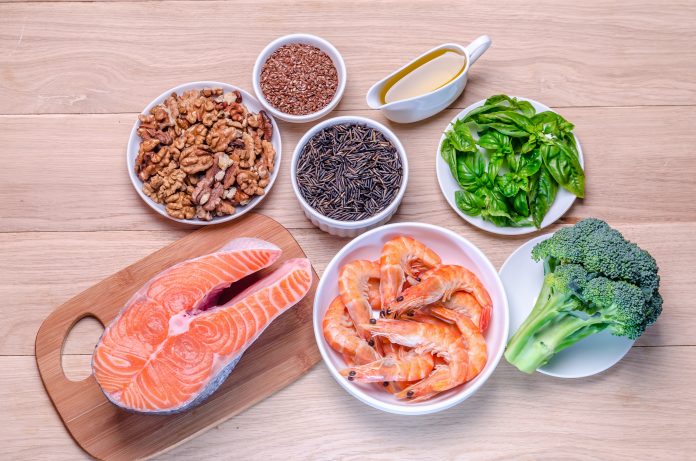Higher levels of omega-3 fatty acids found in seafood are associated with a moderately lower risk of chronic kidney disease and a slower decline in kidney function
Published in the BMJ, the study revealed that these benefits were found in seafood, however, not in plant-derived omega-3 fatty acids.
Although the size of these associations was modest, the findings support current clinical guidelines that recommend adequate consumption of seafood and oily fish as part of healthy dietary patterns, say the researchers.
Preventing chronic kidney disease
CKD, or chronic kidney disease, affects around 700 million people worldwide and can lead to kidney failure and death.
“Animal studies suggest that omega-3 polyunsaturated fatty acids (n-3 PUFAs) may have beneficial effects on kidney function, but evidence from human studies is limited and relies mainly on dietary questionnaires, which can be prone to error,” according to the BMJ published study.
The team wanted to explore this further by pooling the results of 19 studies from 12 countries up to May 2020, looking at links between levels of n-3 PUFA biomarkers and the development of CKD in adults.
Led by researchers at The George Institute for Global Health and the University of New South Wales, the biomarkers focused on were Biomarkers included eicosapentaenoic acid (EPA), docosahexaenoic acid (DHA), docosapentaenoic acid (DPA), and alpha-linolenic acid (ALA).
The main dietary sources of EPA, DHA and DPA come from seafood, while ALA is found mainly in plants (nuts, seeds, and leafy green vegetables).
“CKD was identified by an estimated glomerular filtration rate (eGFR) of less than 60 ml/min/1.73 m2. eGFR measures how well the kidneys are removing waste and excess fluid from the blood. The normal range is 90-120 ml/min/1.73 m2.”
25,570 participants involved
Overall, 25,570 participants were included in the main analysis. Their average age ranged from 49 to 77 years and their average baseline eGFR ranged from 76.1 to 99.8 mL/min/1.73 m2.
Sixteen studies recruited men and women, and 15 recruited mainly white participants. In total, 4,944 participants (19%) developed CKD during an average monitoring period of 11 years.
After accounting for other a range of factors, including age, sex, race, body mass index, smoking, alcohol intake, physical activity, heart disease and diabetes, higher levels of total seafood n-3 PUFAs were associated with a modest (8%) lower risk of developing CKD.
Higher levels of total seafood n-3 PUFAs were associated with a modest (8%) lower risk of developing CKD.
When participants were split by n-3 PUFA levels, those with total seafood n-3 PUFA levels in the highest fifth had a 13% lower risk of CKD compared with those in the lowest fifth.
Higher levels of total seafood n-3 PUFAs, especially DHA, were also associated with a slower annual decline in eGFR. For instance, the annual decline in eGFR was 0.07 mL/min/1.73 m2 lower for people with total seafood n-3 PUFA level in the highest fifth than those in the lowest fifth.
Plant-derived ALA levels were not associated with CKD
These are observational findings and the researchers acknowledge that differences in study design and methods may have affected their results. And they cannot rule out the possibility that some of the observed risks may be due to unmeasured factors.
“Although our findings do not prove a causal relation between seafood n-3 PUFAs and CKD risk, they are supportive and consistent with current clinical guidelines that recommend adequate intake of seafood as part of healthy dietary patterns, especially when seafood replaces the intake of less healthy foods,” they write.
“Further randomised controlled trials are warranted to assess the potential beneficial role of seafood n-3 PUFAs in preventing and managing CKD,” they add.
The power of Omega-3 fatty acids
From the pooled analysis, “across 19 cohorts with more than 25 000 patients, higher seafood n-3 PUFA levels were associated with a lower incident CKD risk and a slower decline in renal function.”
The team made sure to point out that their results were modest and the findings “suggest adequate consumption of seafood and oily fish should be part of healthy dietary patterns”.
However, their research shows promise and suggests that additional “randomised controlled trials are warranted to assess the potential beneficial role of seafood n-3 PUFAs in preventing and managing CKD.”











